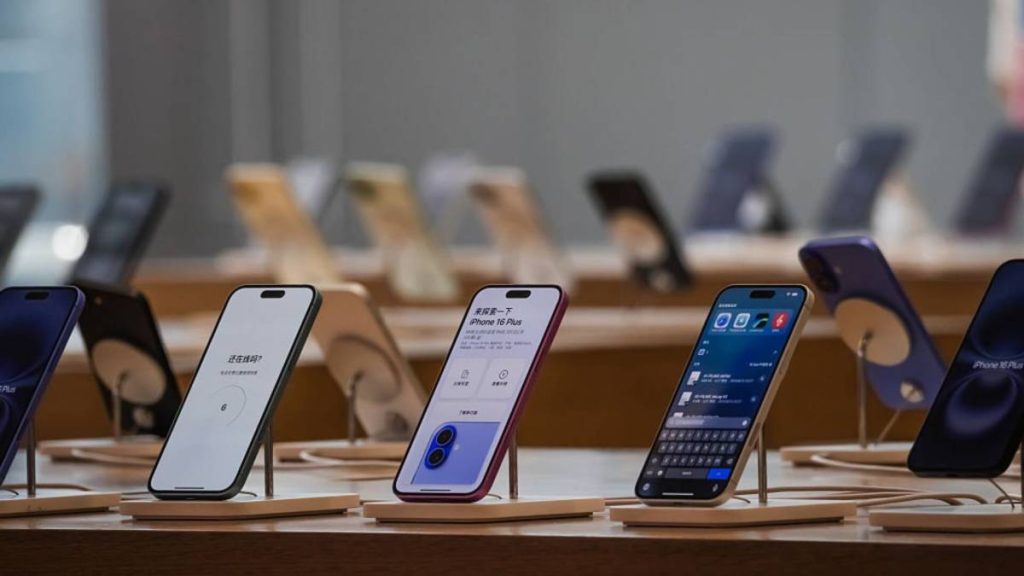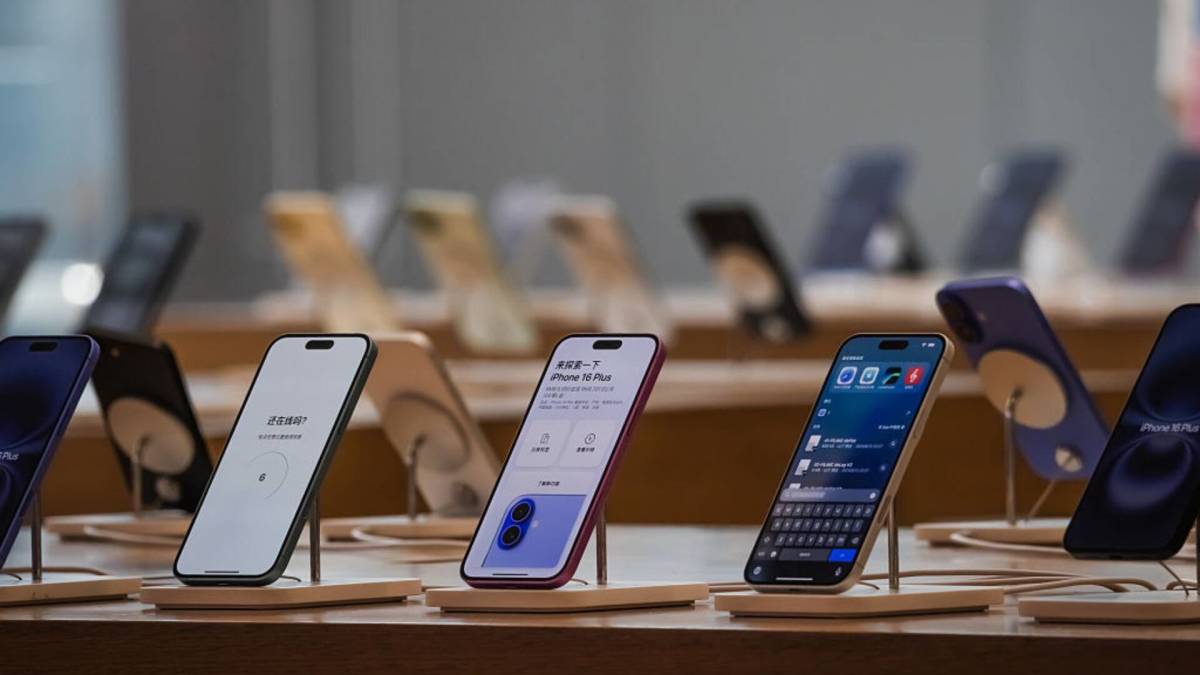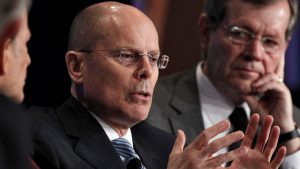Apple iPhone decision will upset customers, appease White House

Can you believe it’s been 18 years since the tech giant Apple AAPL released its original iPhone? As they say, time flies when you’re having fun — and in the tech world, it’s always fun.
The original iPhone was revolutionary for its time, combining a mobile phone, an iPod, and an internet communication device into one. It featured a 3.5-inch display and 2-megapixel camera, blending the functionality of a mobile phone, widescreen iPod, and internet communication device.
Related: Apple CEO sends blunt message on tariffs impact
The all-in-one ended up being a huge hit, and Apple continued to release a new iPhone every June or July until 2011. Then, it shifted its iPhone release window to a fall launch date.
But now, Apple is shaking things up again. Starting in 2026, Apple will move to a biannual iPhone release schedule. The pricier “premium” iPhone models will launch in the fall, and the more affordable “budget” models will come out in the first half of 2027, according to Fast Company.
However, there’s no need to worry about this fall — Apple still plans to release the full iPhone 17 lineup as scheduled.

Image source: Cheng Xin/Getty Images
iPhone demand continues to grow
Recent speculation about iPhone price hikes amid ongoing trade tensions has been swirling. However, Apple hasn’t officially confirmed any price changes related to tariffs.
In its Q2 earnings call, Apple reported strong revenue growth, surpassing analyst expectations. The company’s flagship product, the iPhone, continues to perform well.
Related: Shocking China news sends Apple stock surging today
The company’s quarterly revenue reached $95.4 billion, up 5% year-over-year, and quarterly diluted earnings per share of $1.65, up 8% over the same period a year ago.
“Products revenue was $68.7 billion, up 3% year over year, driven by growth in iPhone, iPad, and Mac,” said Kevan Parekh, Apple’s senior vice president and chief financial officer, during a recent earnings call. “And thanks to our high levels of customer satisfaction and strong loyalty, our installed base of active devices reached an all-time high across all product categories and geographic segments.”
”iPhone revenue rose 2% year-over-year, signaling stable demand despite broader challenges.”
Apple CEO Tim Cook reveals possible tariff impact on the tech company’s business
During the earnings call, the company CEO Timothy Cook discussed the potential impact of Trump’s tariffs, suggesting Apple’s costs will increase by roughly $900 million for the June quarter. Cook cautioned that the $900 million assumes that the current global tariff rates, policies, and applications will not change for the balance of the quarter and that no new tariffs are added.
“This estimate should not be used to make projections for future quarters, as there are certain unique factors that benefit the June quarter,” Cook said. “For our part, we will manage the company the way we always have, with thoughtful and deliberate decisions, with a focus on investing for the long term, and with dedication to innovation and the possibilities it creates.”
More Apple:
- Apple exec shares a shocking take on Google’s future
- Apple makes a massive change to its new product plans
In response to tariffs, Apple has shifted more of its iPhone production to India, reducing its reliance on China. In March it shipped nearly $2 billion worth of iPhones to the U.S., marking a record amount for its two India-based suppliers.
On Monday, the U.S. and China reached an agreement to temporarily slash tariffs trying to de-escalate the trade conflict between the two countries. According to the joint statement, this means the U.S. will temporarily decrease its average tariffs on Chinese products from 145% to 30%, and China will reduce its duties on American goods from 125% to 10%.
Previously, Trump’s government announced that certain electronic imports like smartphones and laptops would, at least temporarily, be excluded from the 140% tariffs placed on China.
Finally, will iPhone prices increase?
Yes, iPhone prices will go up this fall, but not due to tariffs
Yes, Apple is planning to raise prices for its iPhone lineup set to be released this fall, reported The Wall Street Journal, citing anonymous sources familiar with the matter.
However, the tech conglomerate is not suggesting that tariffs are the cause of the price increase. According to the report, the company is raising its prices to suit the new iPhone, which contains new features and designs.
With prices set to increase regardless of tariffs, the real question becomes: How will future tariff adjustments impact Apple’s bottom line — and, more importantly, its loyal customer base?
Related: Tinder owner makes harsh decision as consumers switch gears
#Apple #iPhone #decision #upset #customers #appease #White #House





